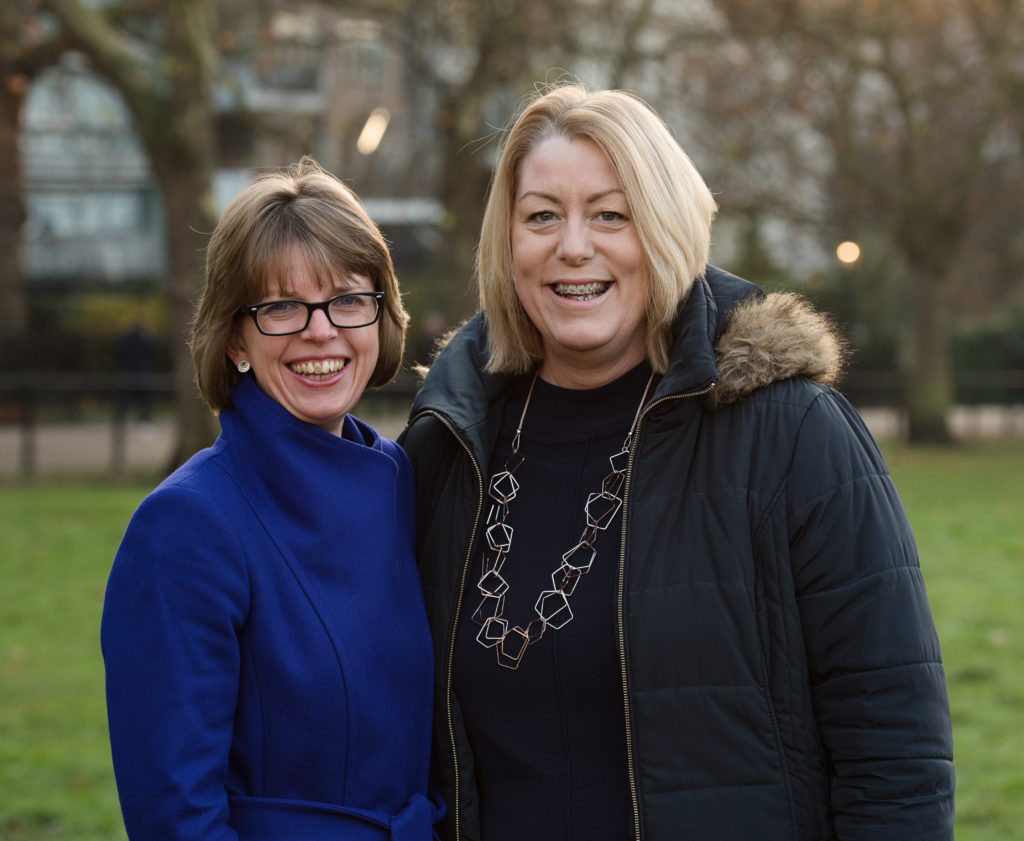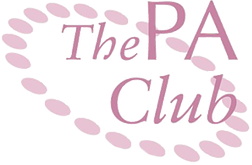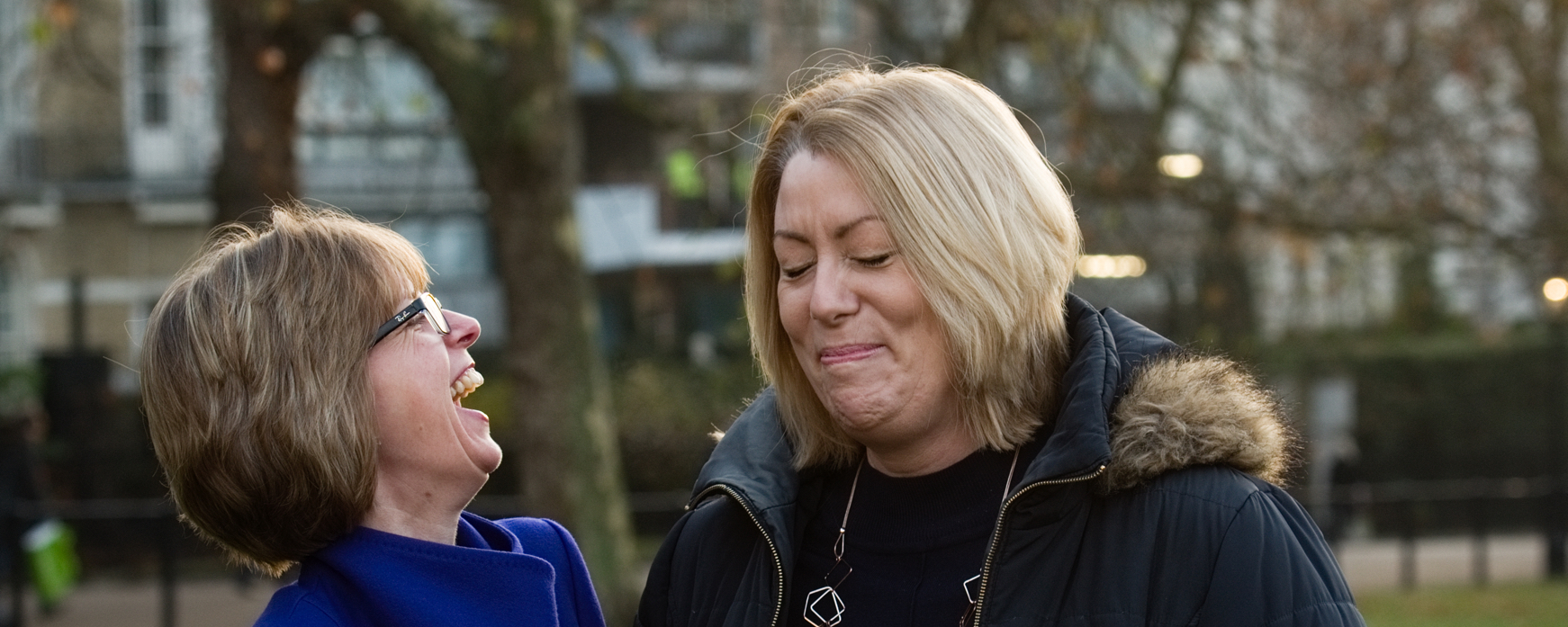An Interview with PA Club member, Laura Cook and Caroline Smith, Senior VP HR Operations and Senior VP of Transformation at Pearson
Laura Cook has been at Pearson for 18 years, and in her current position for six months. I started by asking Caroline to define a good PA:
CS: It’s important to work with someone who fits in as part of the team and understands what the team has to deliver. For me personally, a key attribute is the utmost integrity, someone who really understands the meaning of confidentiality.
LG: Yes, I often see things before anyone else does.
CS: And it’s understood that certain matters are to be kept confidential. But a good PA is not just someone you can trust at work, but also on a personal level, someone you can rely on when times are difficult. For example, when my father was unwell, Laura was incredibly supportive, enabling me to focus on the things that were most important at that time, not sharing it with others and giving me breathing space.
I travel all the time and Laura never shuts down; she’s always communicating, checking that I’ve arrived, or left on time etc – calls, texts, emails. She has to be very flexible.
LG: Pearson are very good and I can modify my working hours to match Caroline’s schedule. Of course all the tech these days make it much easier but they are very good at allowing flexible working. It makes everyone happier.
TPAC: One issue we hear a lot about from our members, is the lack of training for executive support staff
CS: We’ve done a lot at Pearson recently to make training available to our staff through the Pearson University. There are all sorts of courses available, all for free and you can pick and choose according to your own interests and ambitions.
LG: Pearson also sponsor internal apprenticeships and coach people into different roles. I’m currently registered on a Level 4 Higher qualification in Business Administration, to give me a greater knowledge of the corporate world. I thought it would be really helpful if I understood the different functions within the company, in more depth. There are modules on project management, finance and budgeting, corporate communication and so on. I have a mentor and go through assessments to demonstrate the skills I’ve learned, I have a live project to work on and some of the work I produce might even be put into practice. It’s all online and there are loads of resources but it’s a big commitment on top of my regular work.
TPAC: There’s been a lot in the news recently about sexual harassment at work. With your HR hat on, what would you say to anyone going through this?
CS: I would say find someone to talk to. If you can’t talk to HR, find a colleague or manager you can talk to and get help and support that way. The most important thing is not simply to keep quiet about it. If someone has behaved inappropriately, it has to be addressed – and made clear that there will be consequences. The knowledge that it won’t be tolerated will encourage others to stand up and speak out.
TPAC: Laura – describe your job to me
LC: Caroline looks after digitisation globally and works on HR strategy. This week we’re extremely busy as all the HR Directors and Financial VPs from across the world are gathering for an in-depth summit, looking at talent and rewards, in-house training for leadership, with succession plans for each manager. I’m helping to co-ordinate the HR part of the event.
A new Strategy Officer is coming on board shortly and I’m going to help him get set up on our systems. He’ll be travelling for the first two weeks of his job and he’s got a Strategy Conference in Boston on his second day! I’ve been asked to ensure a seamless on- boarding and so that he’s ready to travel and work.
It’s intensely busy at times and I need to be conscious of who’s doing what, who is owning what actions. Then it’s head down, checking in with your Exec regularly, not being needy and working out for yourself where to go for information. If you’re not working as part of the team, it will all fall apart quite quickly. You need to be able to prioritise and help each other.
I remember struggling in the office when I was younger so I try to make time to help new starters. It’s important to aid them through the first few critical weeks and I always try to give them six key contacts who they can go to. It pays off in the end because they learn the job quicker.
I started my working life as an office junior, opening the post, buying stamps, learning to cut the crusts off the smoked salmon sandwiches, amongst other tasks! There was one typist who produced the documents on a word processor and then it was my job to photocopy them 200 times each. The machine would always over-heat so I had to learn to sort that out too! I feel now that it served as a good Apprenticeship. It’s just a shame that I didn’t feel that at the time!
The first PA I met at work was an old-fashioned woman, a bit of a battle-axe actually. She sat outside the MD’s office and ruled the floor! I was determined never to be like her. I’m glad to say that things have changed: our PAs are not like that, we’re all one big team with our roles to play.
Photos courtesy of Amanda Forman




